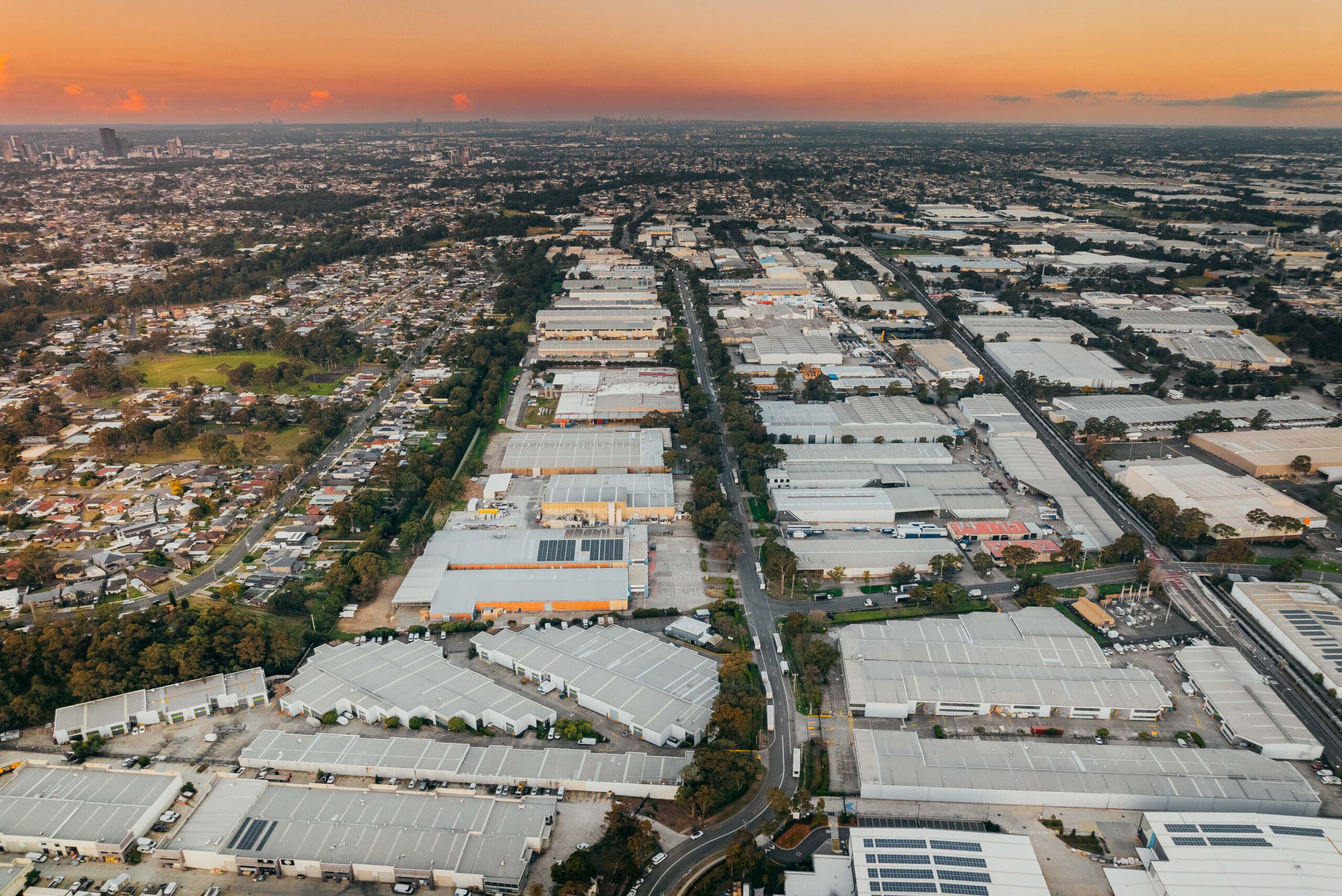
Homebuilder Simonds Group is facing renewed scrutiny from shareholders after suffering a second strike at its annual general meeting (AGM) this week, amid accusations from major investor NEX Building Group that the founding family continues to treat the listed company as a personal enterprise rather than a public business.
According to The Australian Financial Review, NEX—Simonds’ largest external shareholder with a 10.8 per cent stake—voted against the company’s remuneration report for a second consecutive year, triggering the second strike. The move reflects growing frustration among minority investors over governance and performance issues that have plagued the Victorian builder for years.
Shareholder Frustrations Mount
NEX chairman Ian Williams criticised the Simonds family for what he described as a pattern of behaviour inconsistent with shareholder expectations and corporate governance norms. “The family is treating a listed company like a private business,” Williams said. “Well, make it a private business – they should take out the minorities.”
The NSW-based group has invested $17 million in Simonds since 2016, initially viewing the partnership as a strategic pathway to expand into Victoria. However, the company’s share price has tumbled from its $1.78 listing in 2014 to just 14.5 cents, eroding investor confidence and capital value.
Key concerns raised by NEX and other shareholders included the dual role of executive chairman and chief executive held by Rhett Simonds, the grandson of founder Gary Simonds, as well as the $500,000 annual payment to board member Mark Simonds for the use of his building licence. Additionally, questions were raised about director remuneration, including the $37,500 monthly fee paid to Piers O’Brien, chief operating officer of the Simonds family office and a non-executive director.
Simonds Defends Leadership and Strategy
In response, Rhett Simonds defended the company’s governance and remuneration practices, stating that O’Brien’s experience justified his compensation and that Simonds Group remained focused on “optimally investing in the business to provide further growth.”
Simonds, which remains 75 per cent family-owned, retains control over key board decisions. While the second strike will trigger an extraordinary general meeting to consider a potential board spill, the family’s majority stake effectively ensures the current leadership remains in place.
Simonds also signalled that the company is open to strategic options, including possibly buying out NEX, though he dismissed any chance of a renewed partnership. “We’re not cheap, we’re not for sale, and at the end of the day, we are performing,” he said.
Strategic Rivalry Intensifies
The dispute underscores the growing rivalry between NEX, Australia’s fourth-largest homebuilder by housing starts, and Simonds, ranked fifth. Both companies have made recent moves to strengthen their Victorian presence, NEX through its acquisition of Arden Homes, and Simonds through a $10 million purchase of Dennis Family Homes earlier this year.
Meanwhile, other shareholders such as Melbourne developer Frank Palazzo, who holds a 5.7 per cent stake, have also expressed dissatisfaction with the company’s performance, though they remain hopeful of restoring long-term value.
Outlook
While the second strike highlights governance tensions within Simonds Group, the company’s strong family control means immediate structural changes are unlikely. However, continued investor pressure could push for greater transparency and accountability in the months ahead, especially as Australia’s homebuilding sector faces a more competitive and cost-sensitive environment.






